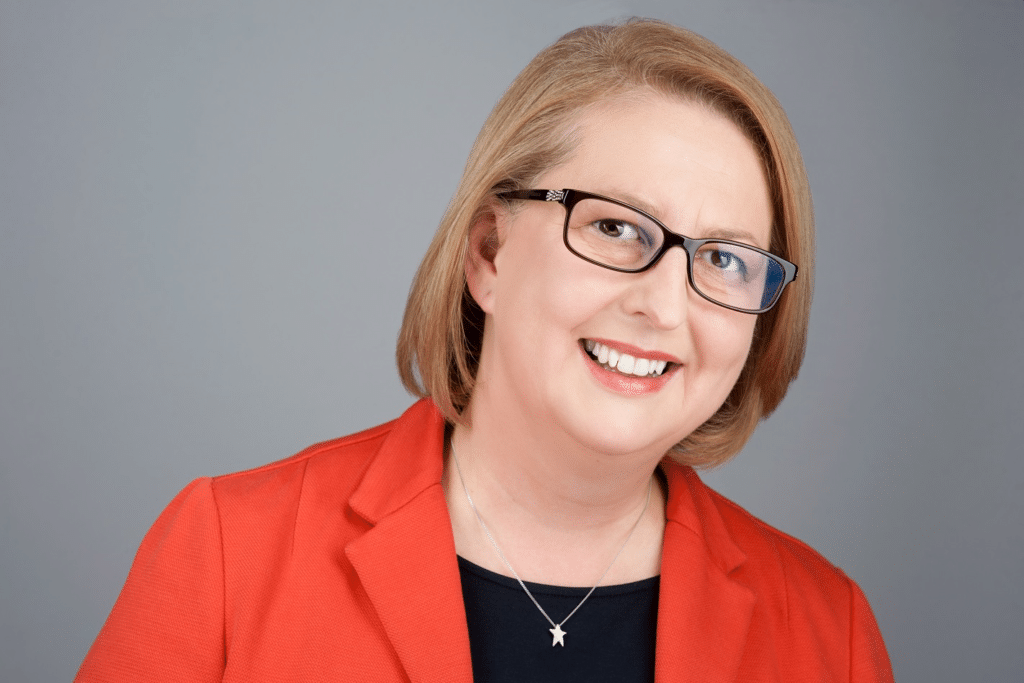27th September 2021
As part of our ongoing #TurnOffTheTaps campaign calling on the Government for investment into health visiting, we are delighted to publish a blog by Alison Leary, Professor and Chair of Healthcare & Workforce Modelling at London Southbank University.

Alison Leary, Professor and Chair of Healthcare & Workforce Modelling at London Southbank University
Any healthcare workforce will generally deal with high risk, high harm potential work. The workforce is pivotal in preventing adverse outcomes by applying knowledge, skill and expertise. There are numerous studies which associate the actions of the workforce with aspects of patient safety. There are numerous enquiries which demonstrate the converse – when an expert workforce is not there, catastrophe follows. A safety critical workforce is more than warm bodies and pairs of hands. It’s the ability to make critical decisions, judge risks, to pick up cues, act or react. It is more than simply technical skills.
Whilst it’s possible to teach pretty much anyone a job if it’s based on technical skills and tick box procedures, it takes much longer to develop the expertise and the ability to negotiate aspects of care or of difficult and risky situations, and to understand the subtle cues that a family or a child might be in trouble. The relationship that a health visitor has with a family is one of trust. Ticking boxes on a form, accompanied by a return envelope, is not going to get the same results. Health visitors can detect and deal with everything from postnatal depression to feeding problems and domestic violence. It takes even more to know what to do and to do it sensitively. The fact that children under one are most likely to be victims of homicide in England shows how vital the work of experienced health visitors is. In the majority of cases where babies have been injured or killed, men are the perpetrators. Research suggests that men are between 2 and 15 times more likely than women to cause this type of harm in children under one. The greater prevalence of male abusers, often birth fathers, sits alongside a description of men as too often being ‘hidden’ or ‘invisible’ to safeguarding agencies – emphasising the need for a trusted professional relationship with a health visitor.
In recent years we have seen a shift away from valuing healthcare workers, such as health visitors, as risk managers, with their work reduced to a set of technical skills which can then be delegated to cheaper workers. From my experience, there are three reasons for this. The first is that employers don’t understand what people like health visitors do or the risks that they manage for children, families or even the organisation they work for. The second is finance, the payroll is the biggest spend for most organisations and so they are keen to reduce that spend by employing cheaper workers. The third is the ever-growing gap in the workforce. Poor pay and working conditions means that people simply can’t afford to do the job financially or manage the ever-increasing workloads shared amongst those left behind.
I’ve been contacted by several health visitors recently who are concerned that they are being asked to delegate their safety critical work to workers with no qualifications or experience in health visiting or healthcare, no professional registration, and very little training. They all seem to work for Local Authorities, and the drive to cut costs in local councils is widely reported. Although this might save payroll costs and provide some kind of perfunctory service, it’s unlikely that these workers will perform to the same level as experienced health visitors. Does this matter? If the aim is good outcomes for children and families, it matters very much. It’s also a false economy.
There have been several studies which show the importance and long lasting societal and economic benefits of health visiting and interventions early in life, and such studies indicate that a relatively small outlay in terms of salary will mean that not only will children and families benefit, but as a society we benefit including healthcare costs later in life. For many years, the Heckman Curve has shown us that investing early in life reaps rewards for all. Health visiting isn’t simply a healthcare intervention or the alleviation of suffering, it’s an investment in human capital and benefits all of us.
Alison Leary, Professor and Chair of Healthcare & Workforce Modelling at London Southbank University
Calling all health visitors: We invite you to find your inner warrior and share your stories on social media. How have you made a difference to babies, children and families? Support the #TurnOffTheTaps campaign and raise the profile of health visiting so every baby can get the best start in life. Together we are stronger. #InvestInHealthVisiting






